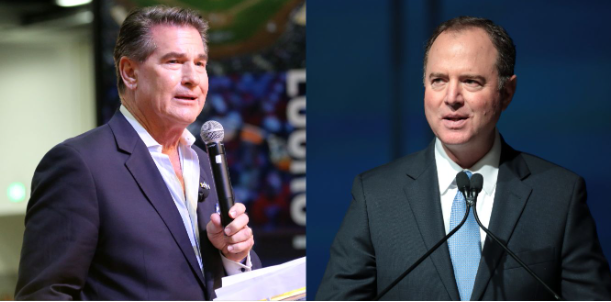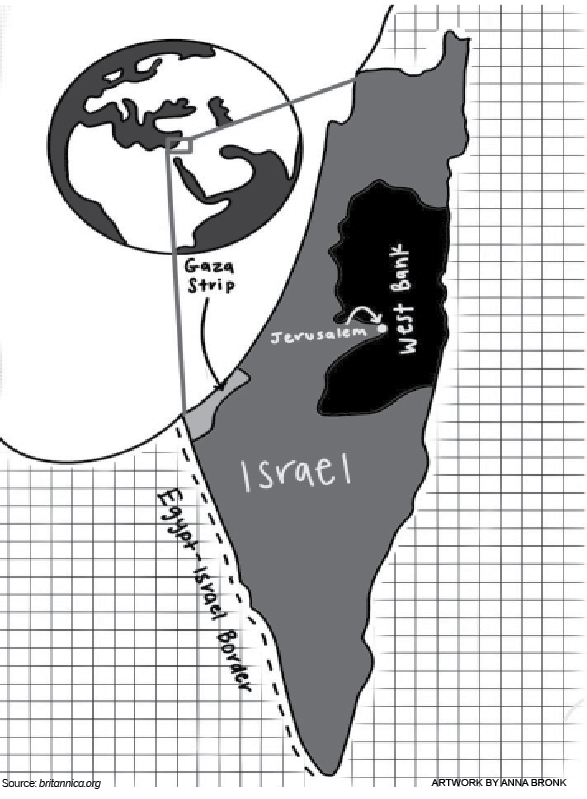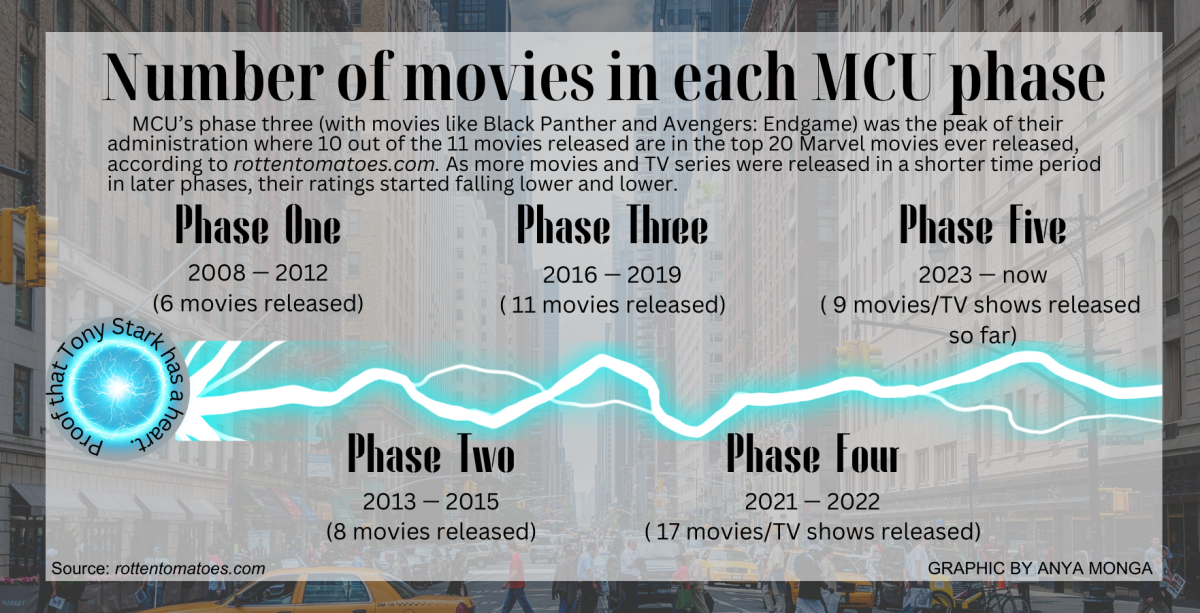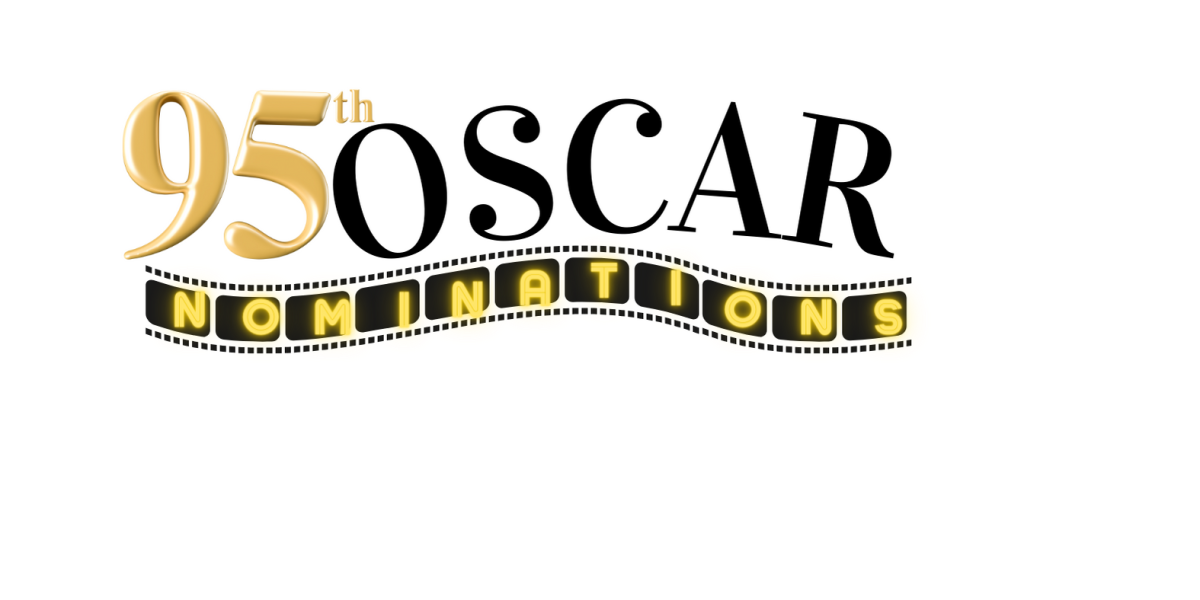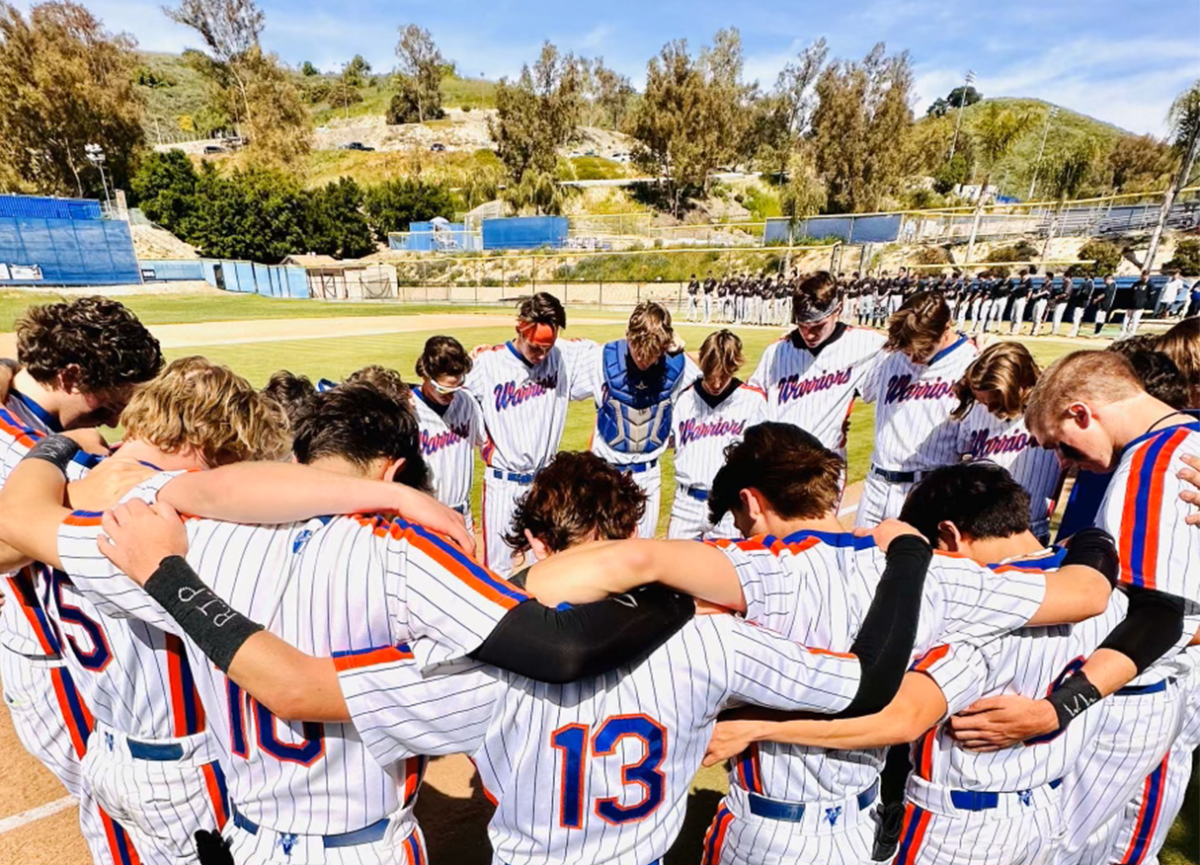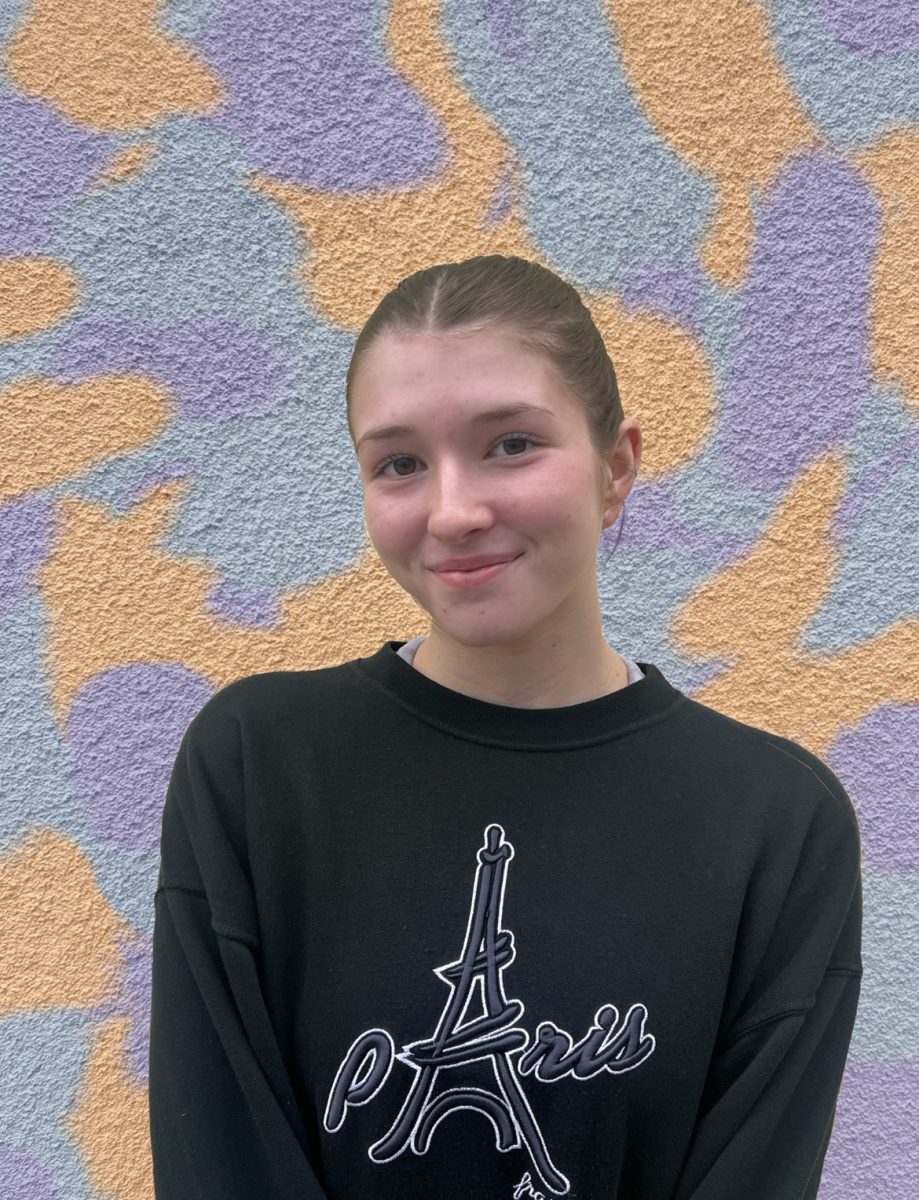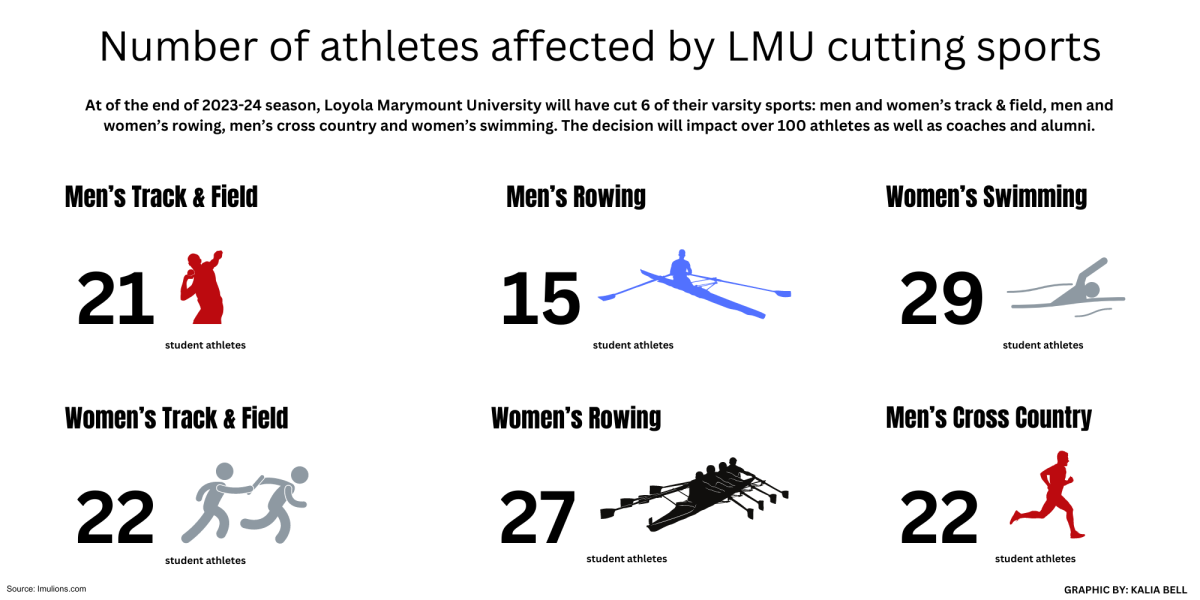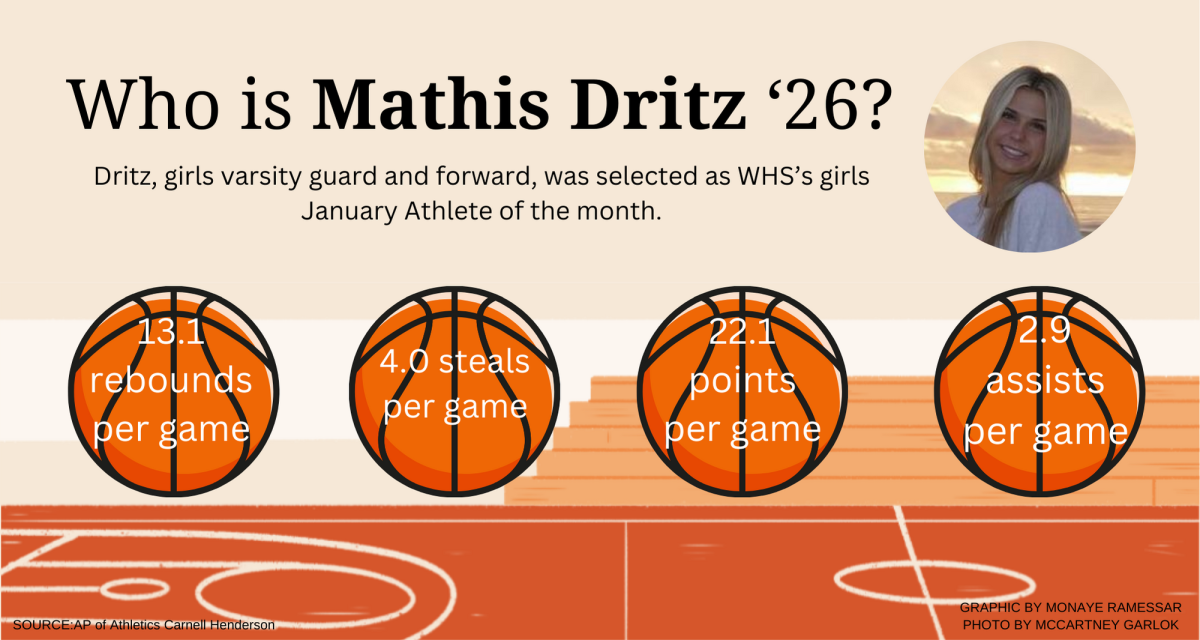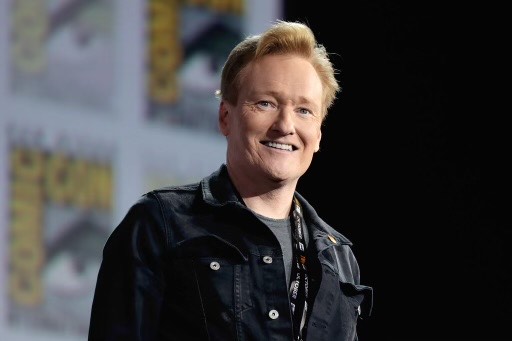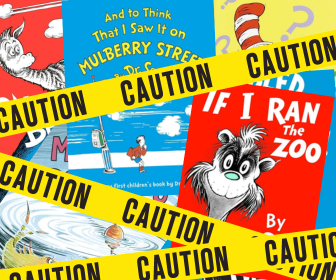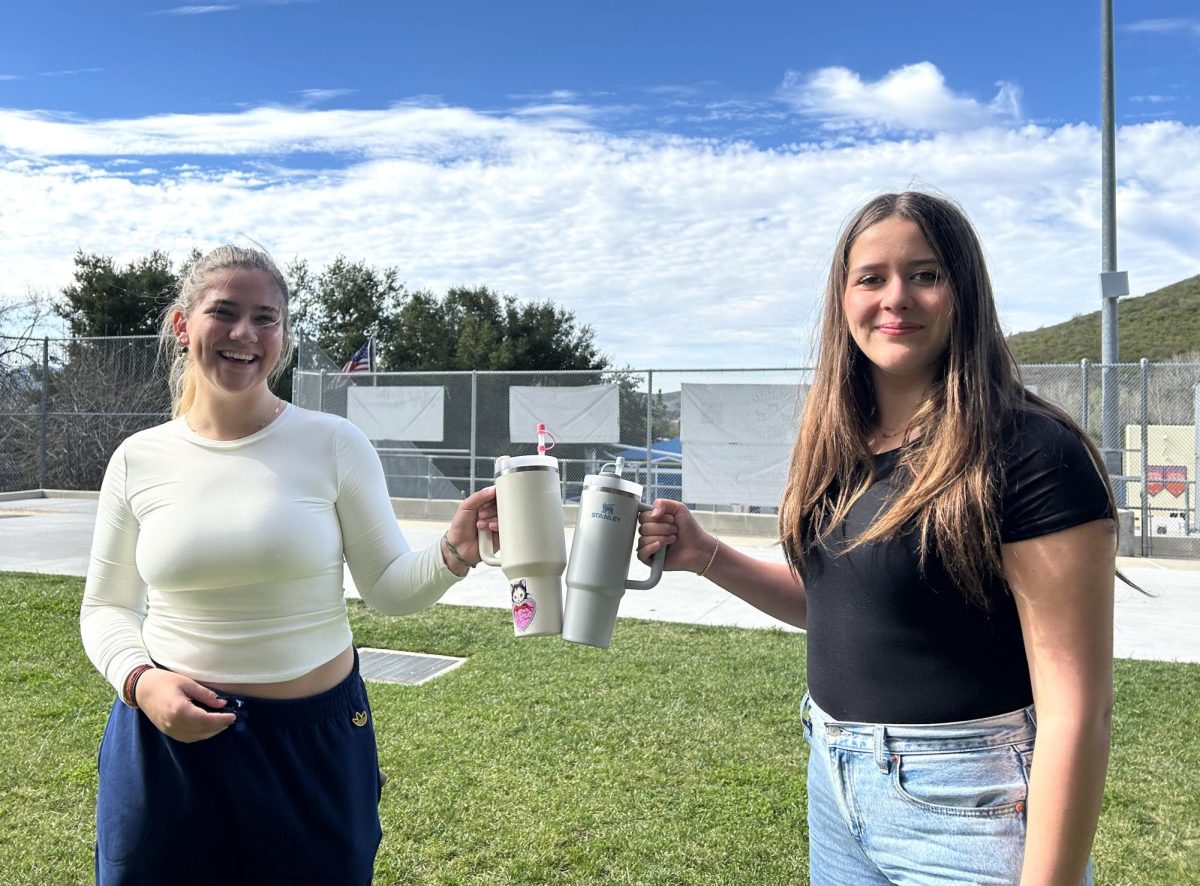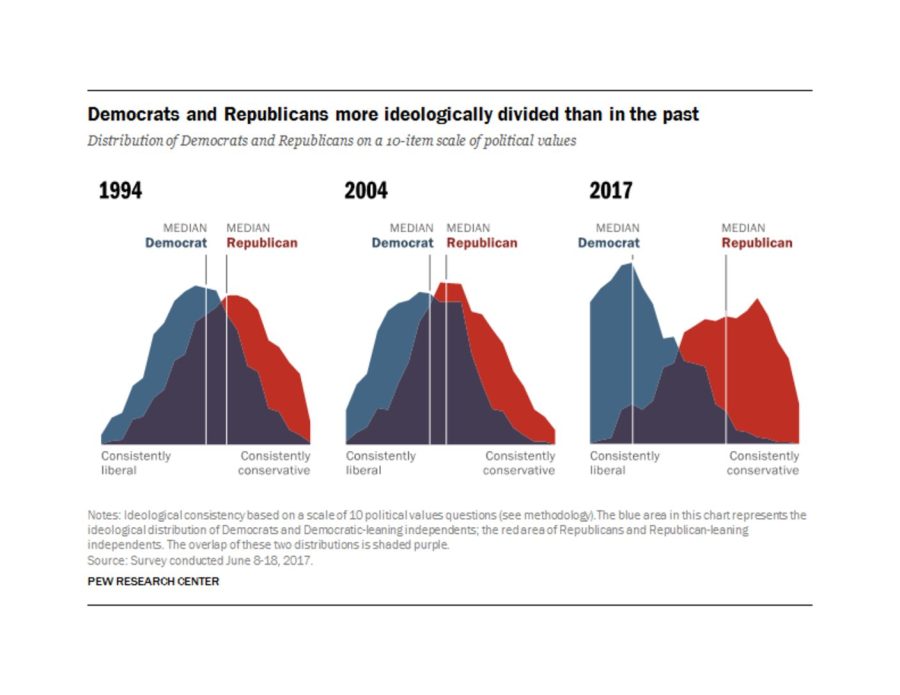Polarization: “a state in which the opinions, beliefs, or interests of a group or society no longer range along a continuum but become concentrated at opposing extremes,” according to Merriam-Webster.
While some may not be familiar with this term, it can safely be assumed that most Americans have recognized polarization in action, whether it be in the news, during discussions with others or even in their own households. The ever-widening gap between political ideologies in America adversely affects its citizens and could deeply impact young Americans’ futures.
However, this polarization can be almost entirely linked back to one pivotal United States event: the election of Donald Trump. Though the bipartisan system undeniably existed long before this election, the gap between Democrats and Republicans dramatically widened after it. Leading up to and following the 2016 election, American citizens saw a monumental shift in politics where Republican and Democatic views became highly antithetical, a phenomenon that continues – if not further develops – to this day. These beliefs clash on issues including the environment, human rights and the current global pandemic.
The spread of COVID-19 and subsequent quarantine caused many Americans to question the government’s lack of response in comparison to other countries’ prompt reactions. This delay was almost single-handedly caused by political debate in society and government facilities. What should have stayed a matter of science became a matter of opinion as many conservatives doubted the existence of the virus – even as cases rose near eight million and the death toll passed 215,000 in the United States alone.
While some took to the streets in protest of the lockdown, other activists rose following the murder of George Floyd. While selfish Americans complained about not being able to breathe through masks made to protect themselves and others, people of color and allies chanted “I can’t breathe” to protest police brutality and systemic racism.
Following the rise of human rights movements such as Black Lives Matter, supporters advocated for legal justice for those mistreated at the hands of police officers, the very people paid to protect them. However, prejudiced opponents arose in the form of All Lives Matter counterprotesting.
To use an apt metaphor, imagine a street of suburban houses. A house caught fire, so the fire department rushed to put out that house’s fire with fire trucks, firefighters and water hoses. The owner of the house across the street comes out and demands that the fire department give them equal treatment of firetrucks, firefighters and water houses at their house – even though their house is completely safe and fire-free.
This is the epitome of the polarized state of America.
One of the founding principles of the United States is now being denied to people of color by their right-wing opponents. What should have been a simple issue of human rights – something the United States is meant to protect and enforce regardless of other conflicts – has since transformed into a contentious and frequently violent debate.
A debate. On the issue of human rights.
Another highly controversial issue between political parties is climate change. While Republicans attempt to deny the science of climate change – similar to that of COVID-19 – Democrats fight to undo human effects on the environment before irreversible consequences develop worldwide.
There have already been huge consequences of climate change in recent years all over the world, such as melting Arctic glaciers, rising sea levels and increasing temperatures. Even in the United States, people are seeing the consequences that Trump and his conservative supporters refute, including lengthy droughts, prolonged hurricane seasons and incredibly destructive wildfires.
These things will also have harsh implications for the futures of children worldwide, such as clean water shortages, air pollution, severe storms, diseases and perpetually rising temperatures according to UNICEF. This humanitarian aid organization goes on to describe, “There may be no greater, growing threat facing the world’s children – and their children – than climate change.”
Climate change and both its impending and present effects are indisputable, yet some Republicans still oppose its existence. A significant amount of this climate denial is caused directly by Trump, who incites conspiracy theories and upholds the nationalistic belief that since Americans might not currently feel the depth of climate issues, they must not exist.
However, America is not the whole world, only a part of it.
While I understand the apprehension of completely eliminating the gap between political parties due to the perceived risk of a one-party system or communism, closing the divide will in no way cause this devolvement. In actuality, closing the gap will significantly reduce the polarization of politics in the United States, allowing for controversial issues – including human rights, climate change and the COVID-19 pandemic – to be assisted before more deaths or irreversible ramifications burden the children of the world.
